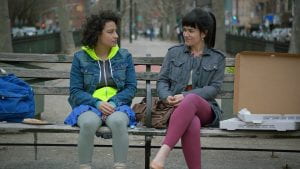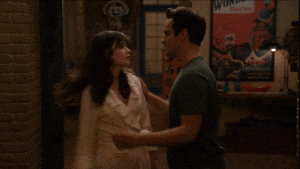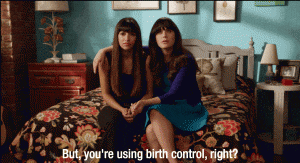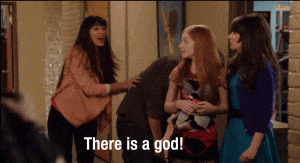If you have been following along with my blogs, you are probably very familiar with Piper Chapman, the protagonist of Orange is the New Black who is spending time in prison for carrying drug money nearly a decade prior. Unlike many female characters shown in television Piper is portrayed as caring, yet surprisingly cruel at times. Although she appears to be very innocent upon first entering Litchfield Penitentiary, she almost immediately shuts down romantic advances from Suzanne “Crazy Eyes” without much thought to how this would make her fellow prisoner feel.
While Piper ended up in prison due to an unfortunate twist of fate, similar to many other inmates, she comes from a vastly different background than her contemporaries. Piper’s wealthier upbringing and previous life sometimes make her stuck-up and disrespectful, it also gives her a different point of view to act as an advocate for the other prisoners. An early example demonstrating that prison life is a far cry from what she is used to is when Piper unintentionally insults Red’s food. However, Piper tries incessantly to make this up to Red, showing that she cares about what the other prisoners think of her and doesn’t just want to be served food again.

A mugshot of Piper
Many female characters are expected to have a monogamous relationship with a man, which Piper initially has at the beginning of the series. Before long, her past relationship with Alex reveals Piper is not more complicated than she appears on the surface. Despite Alex having turned her in to the authorities, Piper forgives her and cheats on Larry with her. While this choice may partially be due to the loneliness she experiences in prison life, it is still a low blow to her faithful fiance.
In conclusion Piper’s relentless self-advocacy, decision making role in her relationships, and morally questionable actions potentially stemming from her transition to a much more difficult life make her the realistic, intriguing character that benefits her show and television as a whole.
If you would like to read more about Piper’s development over the subsequent seasons of Orange is The New Black, check out this article from Vulture: https://www.vulture.com/2015/06/piper-chapman-actually-the-worst.html








